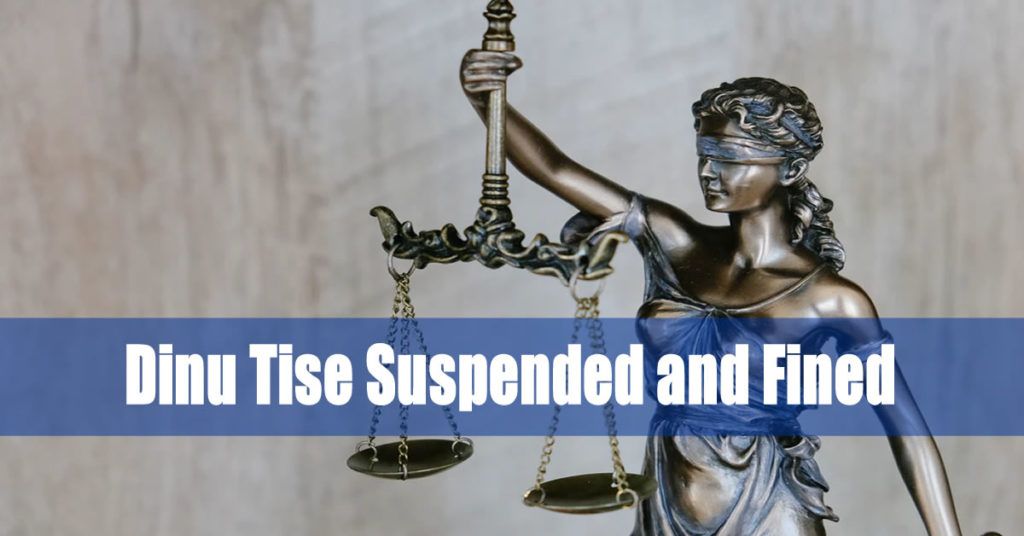Working for a big firm on Wall Street may have fringe benefits, but being named as the beneficiary of $5 million in an elderly client’s will has not been known to be one. This ‘fringe benefit’ has been earned for Dinu Tise, a New Orleans-based private client advisor with JP Morgan Chase, a suspension for 6 months as well as a $7,500 fine, from the Financial Industry Regulatory Authority (FINRA).
FINRA ruled that seeking to be named as a beneficiary in the client’s was an unethical action on part of the advisor and violated Rule 2010, which “establishes a broad ethical mandate for persons engaged in the securities industry” and is viewed as a catch-all phrase.
Tise, who has worked in the industry for over 16 years, did not accept or refute the FINRA charges but signed the letter of acceptance, waiver, and consent acknowledging the findings.
Additionally, he attempted to disclose this information to his employer at no stage. His attempts at getting a $5 million share of the unidentified, wealthy 89-year-old client’s estate tantamounts to a circumvention of the firm’s policies as well.
Tise was discharged by the bank in 2019, based on these allegations after which he worked for a year at Ameriprise Financial till April 2021. His BrokerCheck record is silent on any industry associations after that. His LinkedIn profile also lists him as the founder of a property business.
No comments were forthcoming either from the bank or the advisor.
Dinu Tise Chronology of events
Table of Contents
According to information made available by FINRA, the client hired Tise in 2009, after her husband’s death.
In 2013, she was referred to an attorney by Tise for the purpose of drawing up a will. This will was drawn up to leave her entire estate to a charitable trust. Family members ceased to be beneficiaries in the will.
In 2019 March, the client hired the same attorney for another will in which Tise was named as the beneficiary of a six-figure sum. Though this version was never signed, it appears that Tise was aware of it being drawn up.
In June that year, perhaps in order to move things forward, Tise drafted a typed will and handed it to the client so that she could handwrite out a new version using that as a template. In this version, Tise was named as ‘the primary beneficiary which means he would have been eligible for a bequest in excess of 5 million.
The client did handwrite and sign a will that was ‘nearly identical’ to the draft given to her by Tise. It was validated by a ‘competency examination her lawyer had arranged for her’, as noted by FINRA.
In August 2019 Tise attested to the firm that he had reported any actual or potential violations; in hindsight, falsely.
But the scenario changed again within a few months.
In October 2019, the client issued one more will which did not name Tise as a beneficiary. She also “complained to the firm, had her account assigned to a different registered representative.”
As noted by FINRA, while being interviews by an investigator of the firm in October 2019, at first Tise had denied having typed the draft on which the client’s handwritten version was based but later “voluntarily corrected that misstatement later the same day.”
Another similar case
FINRA had imposed a penalty of $20,000 and suspension of 15 months in a somewhat similar case in May 2021 against a broker who had agreed to accept a $600,000 bequest from a client. The Tacoma, Washington based broker was a broker registered with Wells Fargo Advisors and had been in the industry for 37 years. In his case, the bequest may have actually tarnished an otherwise good record at almost the fag end.
FINRA’s contention then, as it was now, was that such acts go against industry rules that attempt to eliminate conflict of interest which are bound to arise when such parallel relationships develop. In the Wells Fargo case, the client died in 2014 at the age of 92. Many firms also have policies to guard against such events.


